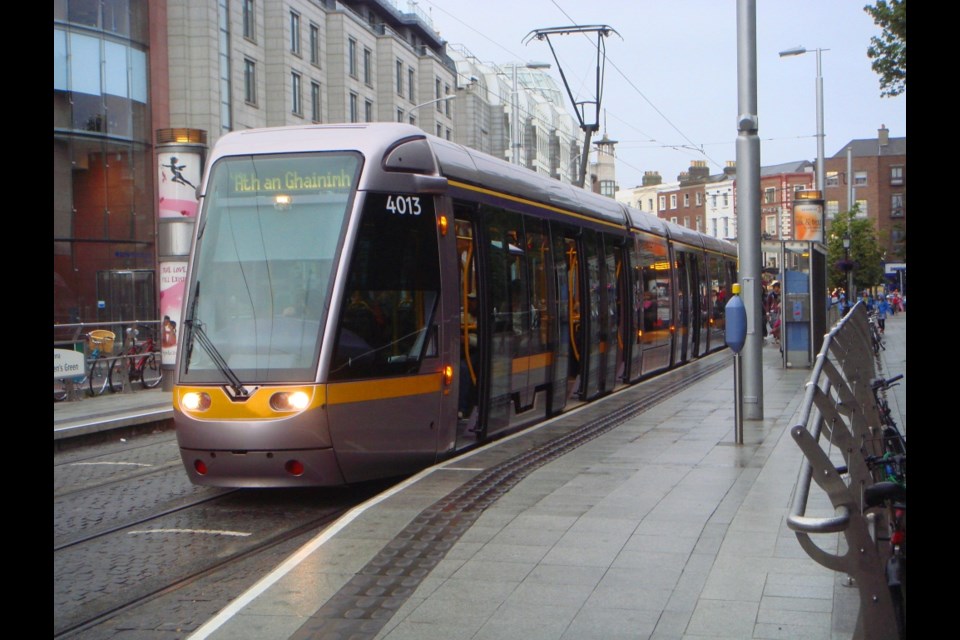By now you may be sick and tired of hearing about the transit referendum, but please read on.
When I first heard the transit referendum question, three letters came to mind: H, S and T.
The HST referendum was a very depressing episode in British Columbia politics.
From the onset it was evident many people were voting against a harmonized sales tax based on their dislike for Gordon Campbell and the way the tax was introduced rather than the financial consequences of a harmonized sales tax vs. a separate GST and PST. They did not care that most economists argued it would be good for our economy.
After the referendum was over and B.C. residents discovered the HST did not disappear overnight, and we really had to give the federal government its money back, many people regretted their vote.
But it was too late.
This brings me to the transit referendum. I would like to make it clear from the onset that holding this referendum is wrong.
As one of my colleagues put it, we elect governments to run our communities. They get to tax us. If we don’t like how they run our communities or how they tax us, we can vote them out of office.
In the case of transit funding, Premier Christy Clark did not want to be the bad person so she essentially passed the hot potato onto the mayors.
We are now being asked to say yes to a tax increase through a referendum so that the premier will not be blamed for it.
After all, we voted for it.
My colleague thinks we should vote no and in so doing tell the premier and federal government “Do what we elected you to do — run our communities. If there isn’t enough money, then you will have to reduce spending or raise taxes.”
He further believes special taxes for special things are a bad idea since they become like the MSP fees — merely extra taxes, and questions the notion that if we vote no, nothing will be done. “If the province doesn’t improve public transit, the NDP will win the next election.”
While I do not disagree with much of what he says, I will be voting yes in the referendum. However, I worry that I could be in the minority.
As soon as the referendum question was announced, it became apparent that there would be strong opposition to the proposed tax.
Many are opposed because they dislike TransLink as much as they disliked Gordon Campbell. Based on its inept handling of the Compass Card and handing out of executive bonuses, these voters do not trust TransLink or its board of directors to spend our money wisely.
Ironically, within the international transportation community, TransLink is highly regarded.
I should share that on two occasions I was invited to put my name forward to serve on the TransLink board. On both occasions I made it through to the interview stage, but was not selected. During interviews, amongst other things, I questioned TransLink’s policies and approach related to fare collection and property development.
I asked why others were getting rich by acquiring and developing land around transit stations while TransLink stood idly by.
I thought we could take lessons from Hong Kong and other places where the public sector finances transit improvements in part from increased land values around stations.
However, this is not a referendum on TransLink. It is a referendum on transit funding.
And while I may question the appropriateness and eventual cost of a Broadway subway, I strongly favour all of the other proposed improvements.
I am therefore concerned by the initial opposition expressed by Jordan Bateman of the Canadian Taxpayers Federation who is leading the No side in this referendum. While I agree with him that there is always a need to find efficiencies and cut waste, this is not going to fund the required improvements.
I invited Bateman to tell Courier readers how he proposes to fund transit improvements if the referendum is defeated. “All in good time” he responded, adding he proposes to roll out his plan in January.
Until then, I urge you to keep an open mind on the question.
michaelarthurgeller@gmail.com
twitter.com/michaelgeller



